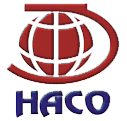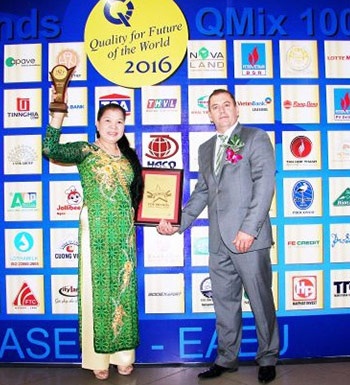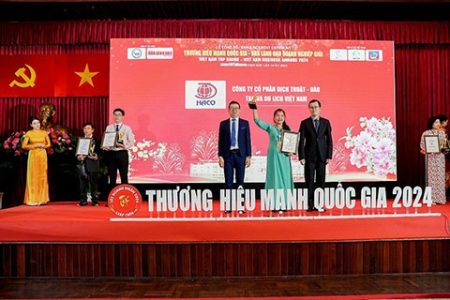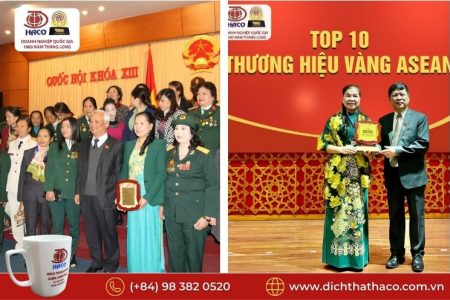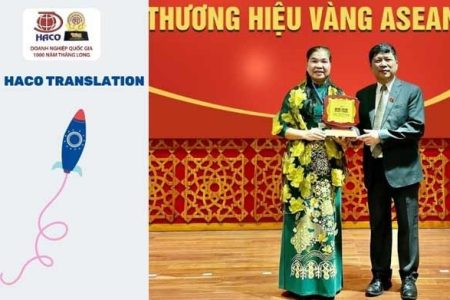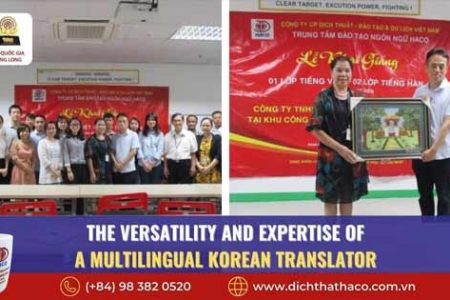Bilingual English-Chinese translation is a valuable skill that can open up a world of opportunities for those who possess it. It is a complex and challenging task that requires a deep understanding of both languages and cultures. With the increasing globalization of the world, the need for bilingual English-Chinese translators is growing. This type of translation is essential for businesses, organizations, and individuals who need to communicate with people in both languages. It is also important for those who are learning either language and need to understand the nuances of both. With the right training and resources, bilingual English-Chinese translation can be a rewarding and fulfilling career.
The Benefits of Bilingual English-Chinese Translation for Businesses
Businesses that operate in both English and Chinese-speaking markets can benefit greatly from bilingual English-Chinese translation services. By providing accurate translations of documents, websites, and other materials, businesses can ensure that their message is accurately conveyed to their target audience.
Bilingual English-Chinese translation services can help businesses to expand their reach and increase their customer base. By providing accurate translations of their materials, businesses can ensure that their message is understood by their target audience. This can help to increase customer loyalty and trust, as customers will be able to understand the company’s message and products more easily.
Bilingual English-Chinese translation services can also help businesses to save time and money. By providing accurate translations, businesses can avoid costly mistakes that can occur when translating materials from one language to another. This can help to reduce the amount of time and money spent on translation services, allowing businesses to focus their resources on other areas of their operations.
Bilingual English-Chinese translation services can also help businesses to improve their customer service. By providing accurate translations, businesses can ensure that their customers are able to understand their message and products more easily. This can help to improve customer satisfaction and loyalty, as customers will be able to understand the company’s message and products more easily.
Overall, bilingual English-Chinese translation services can provide numerous benefits to businesses operating in both English and Chinese-speaking markets. By providing accurate translations of documents, websites, and other materials, businesses can ensure that their message is accurately conveyed to their target audience. This can help to increase customer loyalty and trust, as customers will be able to understand the company’s message and products more easily. Additionally, bilingual English-Chinese translation services can help businesses to save time and money, as well as improve their customer service.
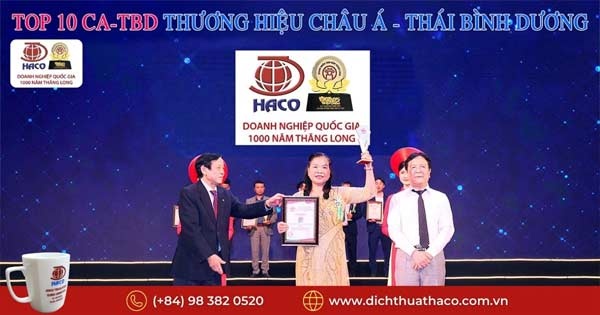
The Challenges of Accurately Translating Between English and Chinese
The challenge of accurately translating between English and Chinese is one that has been faced by translators for centuries. The two languages are vastly different in terms of grammar, syntax, and vocabulary, making it difficult to accurately convey the meaning of a text from one language to the other.
One of the most significant challenges of translating between English and Chinese is the difference in grammar. English is a subject-verb-object language, while Chinese is a subject-object-verb language. This means that the order of words in a sentence can be completely different between the two languages, making it difficult to accurately convey the meaning of a sentence. Additionally, English has a wide range of tenses, while Chinese does not. This can make it difficult to accurately convey the meaning of a sentence in the target language.
Another challenge of translating between English and Chinese is the difference in syntax. English has a wide range of sentence structures, while Chinese has a much more limited range. This can make it difficult to accurately convey the meaning of a sentence in the target language. Additionally, English has a wide range of idioms and expressions, while Chinese has a much more limited range. This can make it difficult to accurately convey the meaning of an expression in the target language.
Finally, the challenge of accurately translating between English and Chinese is the difference in vocabulary. English has a wide range of words, while Chinese has a much more limited range. This can make it difficult to accurately convey the meaning of a word in the target language. Additionally, English has a wide range of colloquialisms and slang, while Chinese has a much more limited range. This can make it difficult to accurately convey the meaning of a colloquialism or slang in the target language.
Overall, the challenge of accurately translating between English and Chinese is a difficult one. The two languages are vastly different in terms of grammar, syntax, and vocabulary, making it difficult to accurately convey the meaning of a text from one language to the other. Translators must be highly skilled in both languages in order to accurately convey the meaning of a text from one language to the other.
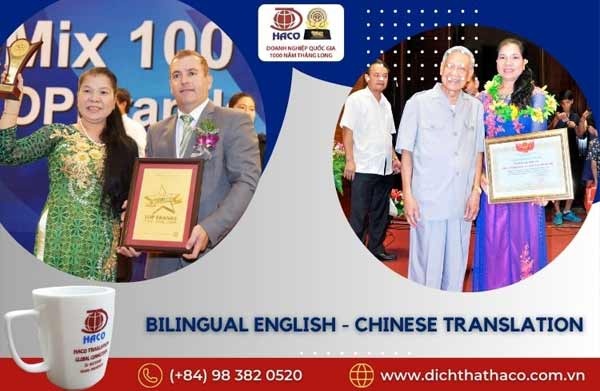
How to Choose the Right Bilingual English-Chinese Translator
When looking for a bilingual English-Chinese translator, it is important to consider a few key factors. First, it is important to consider the translator’s qualifications and experience. Look for a translator who has a degree in translation or linguistics, and who has experience translating between English and Chinese. It is also important to consider the translator’s specialty. If you need a translator for a specific field, such as legal or medical translation, make sure the translator has experience in that field.
Second, it is important to consider the translator’s language proficiency. Make sure the translator is fluent in both English and Chinese, and can accurately convey the meaning of the text. It is also important to consider the translator’s writing style. Look for a translator who can write in a formal, professional tone that is appropriate for the text.
Finally, it is important to consider the translator’s availability. Make sure the translator is available when you need them, and can meet your deadlines.
By considering these factors, you can ensure that you choose the right bilingual English-Chinese translator for your project.

The Impact of Machine Translation on Bilingual English-Chinese Translation
Machine translation (MT) has had a significant impact on bilingual English-Chinese translation. MT is a form of translation that uses computer algorithms to automatically translate text from one language to another. It has become increasingly popular in recent years due to its ability to quickly and accurately translate large amounts of text.
MT has had a major impact on bilingual English-Chinese translation. It has made it much easier and faster to translate large amounts of text. This has allowed translators to focus on more complex tasks, such as ensuring that the translated text is accurate and conveys the intended meaning. Additionally, MT has made it possible to translate text in real-time, which is especially useful for live events or conversations.
MT has also made it easier to translate text from one language to another without having to learn the other language. This has allowed people to communicate more easily across language barriers. Additionally, MT has made it easier to access information in other languages, as it can quickly and accurately translate text from one language to another.
Finally, MT has made it easier to create bilingual documents. By using MT, it is possible to quickly and accurately translate text from one language to another, allowing for the creation of bilingual documents with minimal effort.
Overall, MT has had a major impact on bilingual English-Chinese translation. It has made it easier and faster to translate large amounts of text, allowed people to communicate more easily across language barriers, and made it easier to create bilingual documents. As MT technology continues to improve, it is likely that its impact on bilingual English-Chinese translation will only increase.
The Role of Cultural Context in Bilingual English-Chinese Translation
The role of cultural context in bilingual English-Chinese translation is of paramount importance. In order to accurately convey the meaning of a text, translators must be aware of the cultural nuances of both languages. This is especially true when translating between English and Chinese, two languages that have vastly different cultural backgrounds.
When translating from English to Chinese, it is important to consider the cultural context of the source language. For example, English often uses idioms and metaphors to convey meaning. These expressions may not have an equivalent in Chinese, so the translator must be able to recognize the cultural context of the source language and find an appropriate way to convey the same meaning in Chinese.
Similarly, when translating from Chinese to English, the translator must be aware of the cultural context of the target language. Chinese often uses proverbs and sayings to convey meaning. These expressions may not have an equivalent in English, so the translator must be able to recognize the cultural context of the target language and find an appropriate way to convey the same meaning in English.
In addition to considering the cultural context of both languages, translators must also be aware of the cultural differences between the two languages. For example, English is a direct language, while Chinese is more indirect. This means that the translator must be able to recognize the cultural differences between the two languages and adjust the translation accordingly.
Finally, translators must also be aware of the cultural context of the text itself. Different texts may have different cultural contexts, and the translator must be able to recognize and adjust the translation accordingly. For example, a text about Chinese culture may require a different translation than a text about American culture.
In conclusion, the role of cultural context in bilingual English-Chinese translation is of paramount importance. Translators must be aware of the cultural nuances of both languages, as well as the cultural differences between them. They must also be aware of the cultural context of the text itself in order to accurately convey the meaning of the text.
HACO TRANSLATION COMPANY – THE 1ST PRESTIGIOUS TRANSLATION SERVICE PROVIDER IN VIETNAM

COME WITH HACO TO FEEL THE DIFFERENCE AND COMPARE;
YOU WILL SEE THE BRAND WORTHY TO CHOOSE
20 years of accompanying enterprises

Thông tin liên hệ:
Địa chỉ Miền Bắc: Số 2, Ngõ 68, Ngụy Như Kon Tum, Phường Nhân Chính, Quận Thanh Xuân, Hà Nội
Địa chỉ Miền Nam: 2A/3 Nguyễn Thị Minh Khai, P. Đa Kao, Quận 1, TP.HCM Địa chỉ
Singapore : 391B Orchard Road, Ngee City Tower B Singapore 238874
Di động: +84 983 820 520
Điện thoại & Fax: +84 24 3554 3604
Email: hanoi@dichthuathaco.vn
